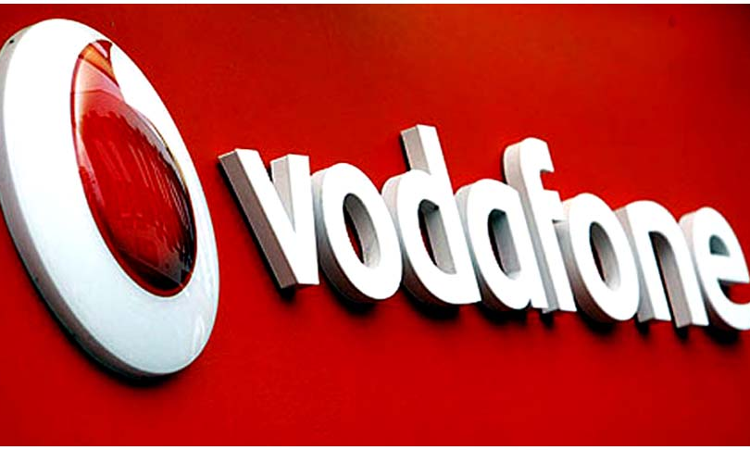Vodafone Entitled To Claim CENVAT Credit On Tower And Prefabricated Buildings: CESTAT
Mariya Paliwala
26 Sept 2022 3:13 PM IST

Next Story
26 Sept 2022 3:13 PM IST
The Delhi Bench of the Customs, Excise and Service Tax Appellate Tribunal (CESTAT) has held that Vodafone is entitled to claim CENVAT credit on tower/tower material and pre-fabricated buildings/shelters.The two-member bench of Justice Dilip Gupta (President) and P.V. Subba Rao (Technical Member) has observed that Vodafone was entitled to take CENVAT credit since the items in dispute were...
